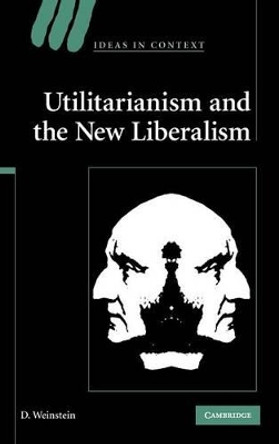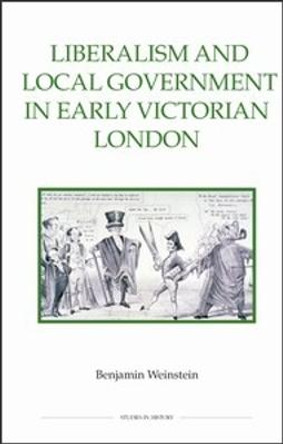In this study, David Weinstein argues that nineteenth-century English New Liberalism was considerably more indebted to classical English utilitarianism than the received view holds. T. H. Green, L. T. Hobhouse, D. G. Ritchie and J. A. Hobson were liberal consequentialists who followed J. S. Mill in trying to accommodate robust, liberal moral rights with the normative goal of promoting self-realisation. Through careful interpretation of each, Weinstein shows how these theorists brought together themes from idealism, perfectionism and especially utilitarianism to create the new liberalism. Like Mill, they were committed to liberalising consequentialism and systematising liberalism. Because they were no less consequentialists than they were liberals, they constitute a greatly undervalued resource, Mill notwithstanding, for contemporary moral philosophers who remain dedicated to defending a coherent form of liberal consequentialism. The New Liberals had already travelled much of the philosophical ground that contemporary liberal consequentialists are unknowingly retravelling.
This study argues that nineteenth-century English New Liberalism was considerably more indebted to classical English utilitarianism than the received view holds.Reviews"...Weinstein's book should be recognized for what it is: an insightful contibution to an important debate by a leading scholar." --Colin Tyler, University of Hull: Political Theory Book Reviews
Book InformationISBN 9780521299121
Author D. WeinsteinFormat Paperback
Page Count 242
Imprint Cambridge University PressPublisher Cambridge University Press
Weight(grams) 330g
Dimensions(mm) 229mm * 152mm * 13mm








